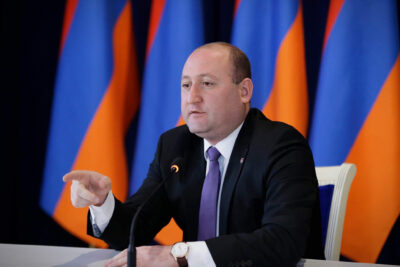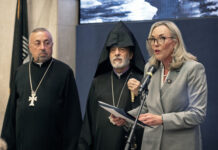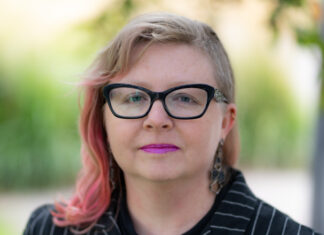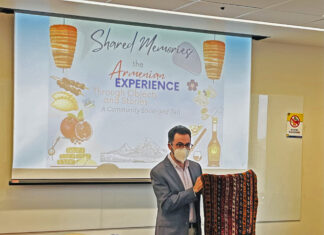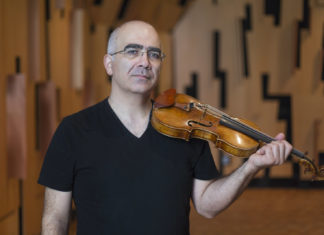CAMBRIDGE, Mass. — In commemoration of the Centenary of the Armenian Genocide, Worldwide Reading for Armenia will pay tribute to great Armenian writers in a series of readings, all taking place on April 21. Sponsored by the International Literature Festival Berlin and the Lepsius Haus in Potsdam, the readings will happen in several major cities around the world.
The Worldwide Reading in the greater Boston area will focus on the literature of catastrophe and will be held at MIT, 127 Mass Ave., Cambridge, on April 21 at 7 p.m. The event is hosted by the MIT Armenian Society, and organized by Judith Saryan and Taline Voskeritchian.
“We are very pleased to be working with the MIT Armenian Society,” said Saryan. “This collaboration is a solemn, dignified memorial to the literature of the Catastrophe.”
The literary evening will center around the works of three giants of Armenian literature, Zabel Yesayan, Hagop Oshagan and Eghishe Charents, who all lived during the cataclysmic events of the Ottoman Genocide against the Armenians. While different in form and context, their works were informed by their experiences of catastrophe and exile.
Participants in the literary program include Jirair Libaridian, diplomat and historian; Nanor Kebranian, Columbia University; Susan Barba, New York Review of Books; Areg Danagoulian, MIT; Danila Jebejian Terpanjian, Harvard University; Taline Voskeritchian, Boston University; and Judith Saryan, Armenian International Women’s Association and National Association for Armenian Studies and Research.
The readings will include selections from Yes

